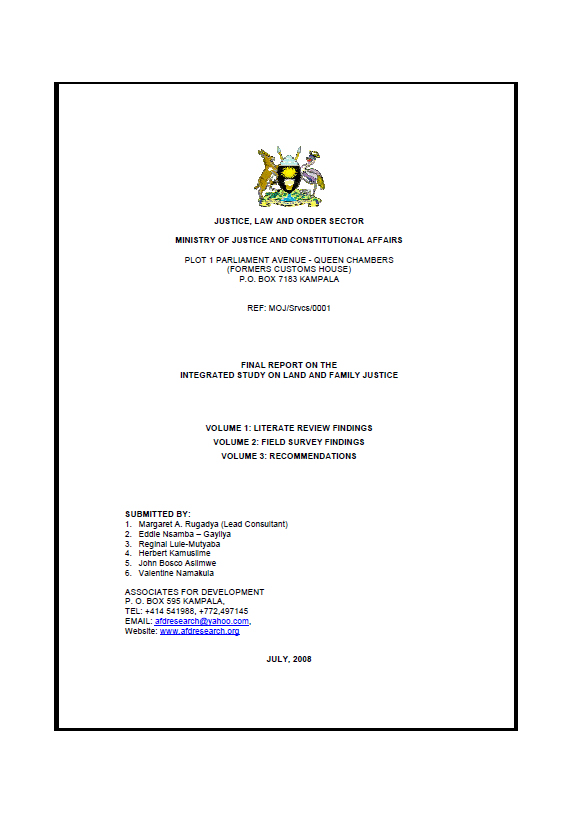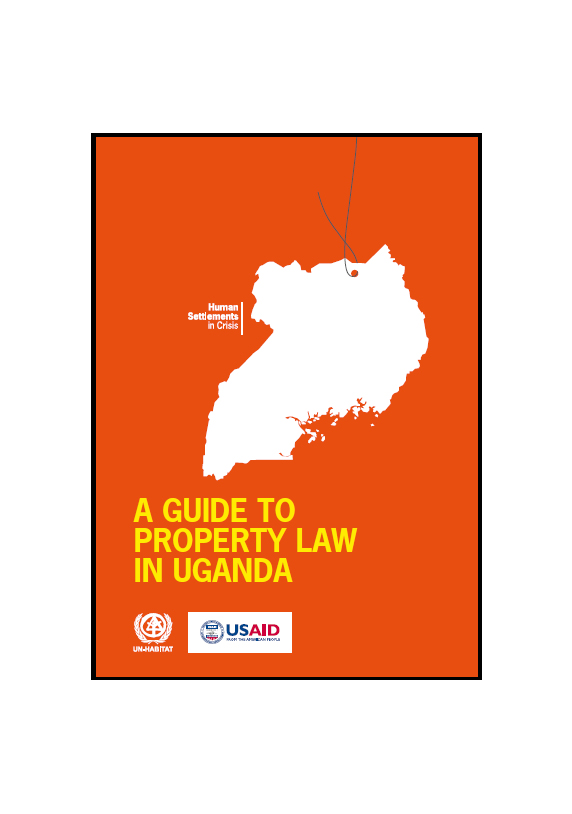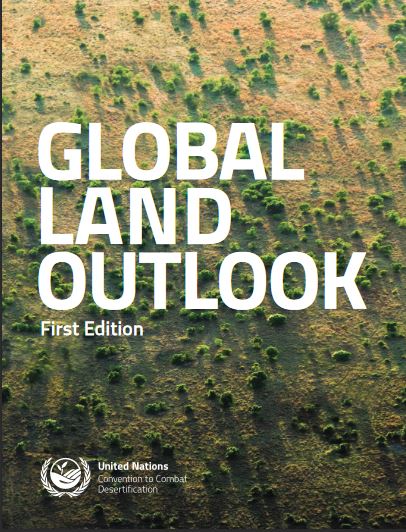TENURE IN MYSTERY
Tenure in Mystery collates information on land under conservation, forestry and mining in the Karamoja region. Whereas significant changes in the status of land tenure took place with the Parliamentary approval for degazettement of approximately 54% of the land area under wildlife conservation in 2002, little else happened to deliver this update to the beneficiary communities in the region. Instead enclaves of information emerged within the elite and political leadership, by means of which personal interests and rewards were being secured and protected.






